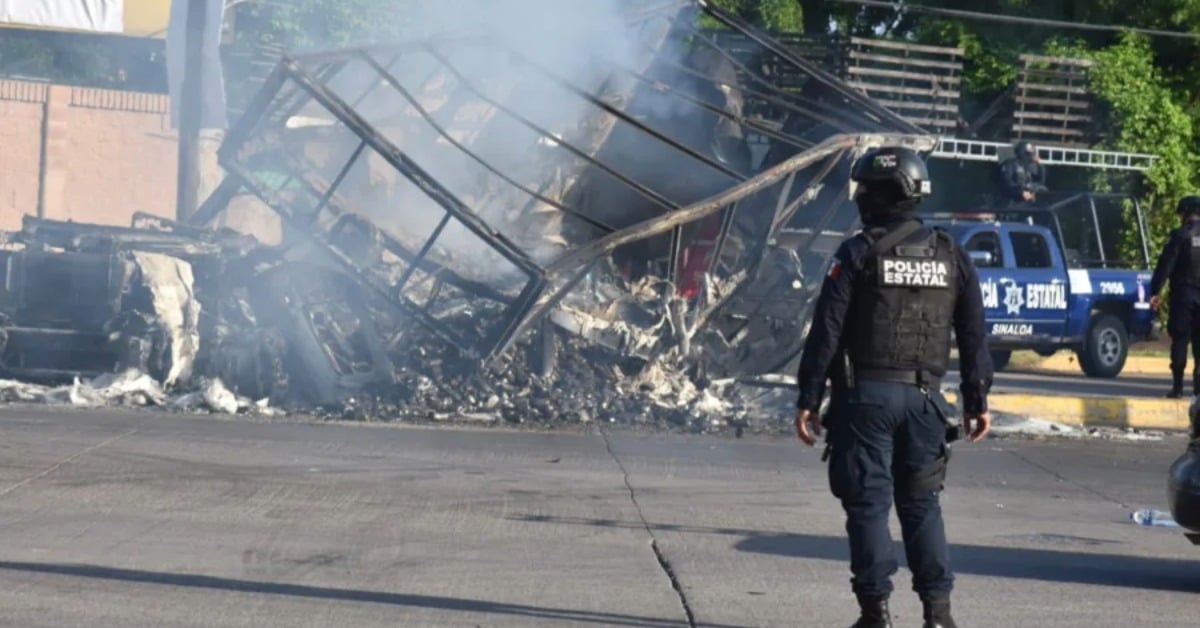The influential Mexican employers’ union Coparmex has issued a stark warning that rampant crime and violence are undermining the country’s economic prospects . . .


The influential Mexican employers’ union Coparmex has issued a stark warning that rampant crime and violence are undermining the country’s economic prospects . . .
